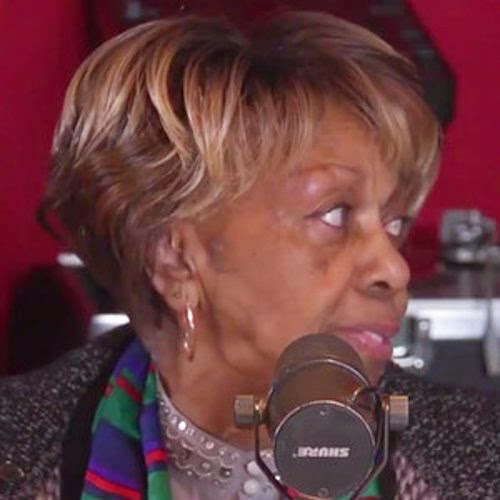With the Boko Haram insurgency gradually becoming a daily occurrence, everyone seems to be putting on his or her thinking cap on how to douse the conflagration. The knotty issue of the abducted Chibok students as well as the murder of two emirs of Gombe and Gwosa, Alhaji Sehu Usman Abubakar and Alhaji Idrisa Tirnita respectively allegedly by the Boko Haram militants, have sent a more
dangerous signal to the world regarding the capability of the sect to wreck maximum havoc on the stability of the North- Eastern region of Nigeria. The Federal Government usual acclaimed uninspiring reaction to each attack, still greeted the murder of the two topmost traditional rulers. Hours after the incident, President Goodluck Jonathan, in a
statement issued by his Special Adviser on Media, Dr Ruben Abati, said that “the brazen attack and the wanton slaying of the respected traditional ruler reinforces the vital need for all patriotic Nigerians, irrespective of where they come from, their religious or political loyalties to come together and work with urgency and complete unity of purpose to quickly end the murderous attacks by terrorists and insurgents that continue to threaten the security, cohesion and wellbeing of the nation.” President pledged that the Armed Forces and security agencies will continue to receive all the empowerment and support they require from the Federal Government to speedily give maximum effect to his orders that they take all necessary action to stop the insurgency in the country.”
FG action or inaction to the problem, notwithstanding, Boko Haram insurgency is a political instrument, of which the international community had taken a cognizance. Saturday Newswatch uncovered that six countries had been put under surveillance as Terrorist threats in Africa. These countries include Nigeria, The Sahel, Egypt, Tunisia, Libya and
East Africa. After the killing of Boko Haram’s founder, Mohammed Yusuf in 2009, his deputy, Abubakar Shekau took over and provided a
leadership for the group, using a number of tactics including bombings (suicide and timed explosions), targeted assassinations, drive-by shootings, and mass killings (using guns, knives, and machetes) in highly populated areas. Churches and mosques are not spared in their attacks. The foot soldiers of the group consist of the unemployed youth and kid beggars drawn from Quranic schools. According to Emily Mellgard, a research associate at the Council on Foreign Relations working with Ambassador John Campbell on the Africa programme, “Boko Haram ideology is malleable though, so a shift toward a more international perspective at some point in the future — under different leadership, or following a particularly transformative catalyst
— is not out of the question.” This latest killing of the emirs underscores the complex nature
of the insurgency dressed in a garb of terrorism. Unlike conventional warfare, terrorism, according to Karin Mings, an International Relations scholar in his book, Essentials of International Relations, is a violence designed to instill fear in a population, a state and the international community to make a political statement.
Much of terrorist activity has its root in the Middle East- in the Palestinians quest for self-determination and their own internal conflicts over strategy; in the hostility among various
Islamic; and in the resurgence of Islamic Fundamentalism.
Source- TUNDE BUSARI













































